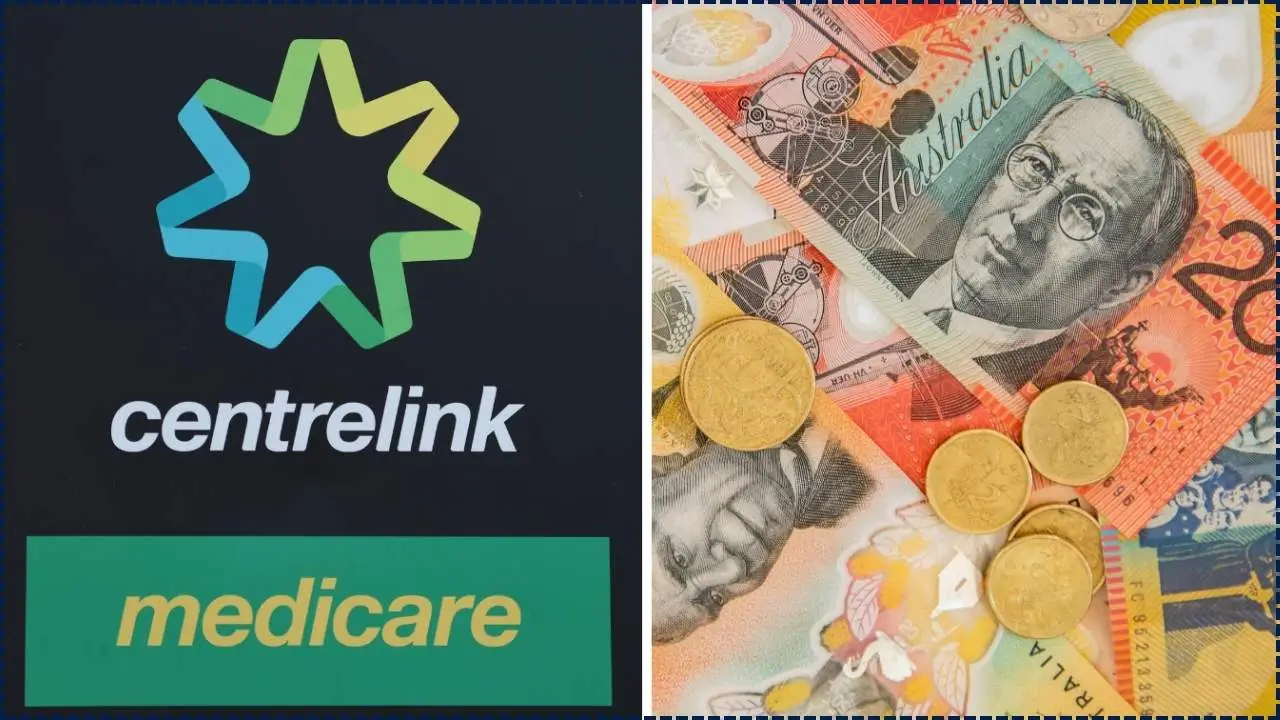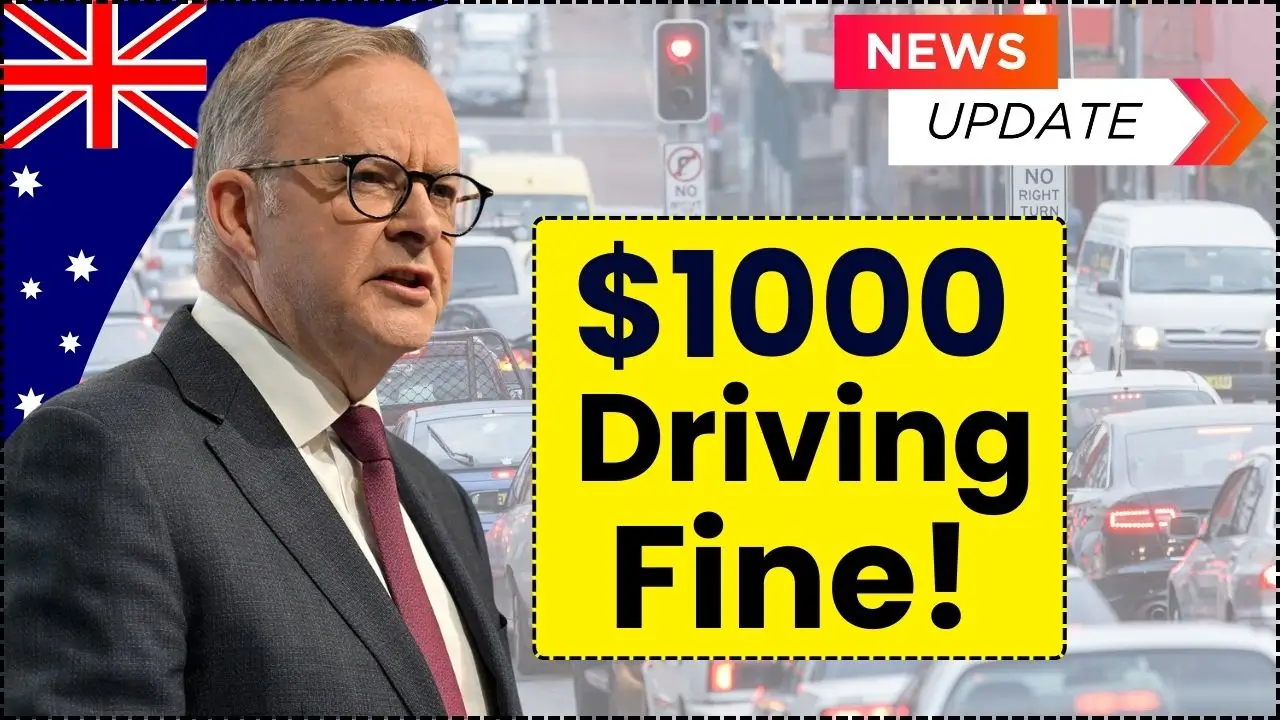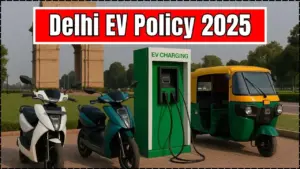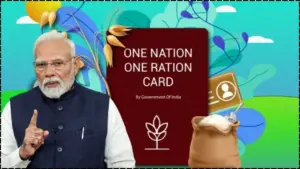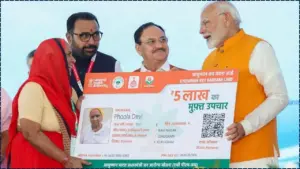Australia’s public transport systems in 2025 are seeing several fare rule changes, penalty adjustments, and upgrades to smart card or ticketless systems. These updates vary across states, but many affect daily commuters in New South Wales (NSW), Queensland, Victoria, Western Australia (WA), Tasmania, and South Australia.
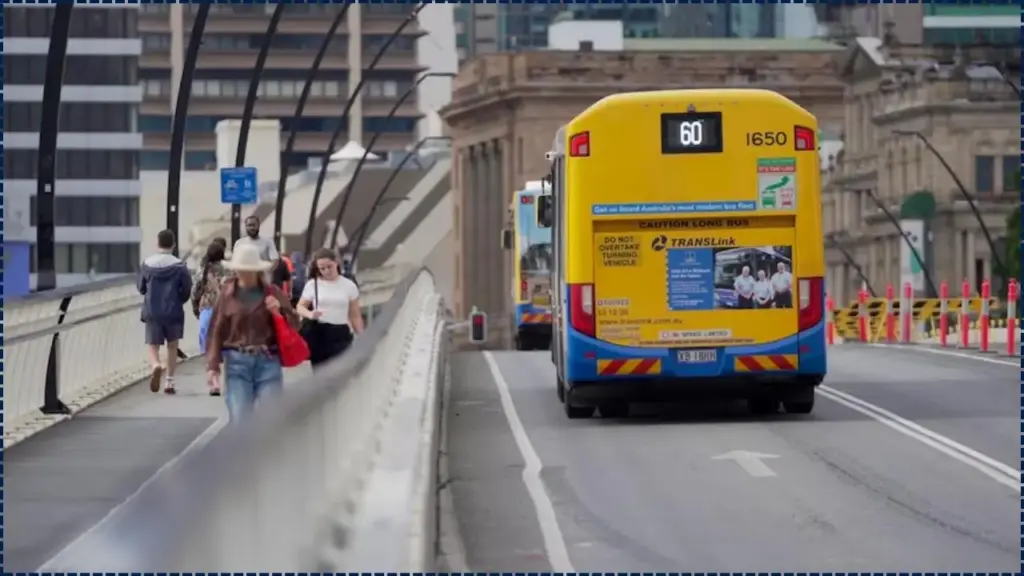
Key changes involve fare increases linked to inflation, stricter enforcement for fare evasion, and progressive rollout of contactless and smart payment technologies. This article explains what is new, where, and what travelers need to know.
Australian Public Transport Fare Changes
| Key Fact | Detail | Source |
|---|---|---|
| Opal fare increase average | ~2.5% from 14 July 2025 for most fares including contactless & caps | Transport for NSW (“Opal fare changes from 14 July”) |
| Victoria daily cap full fare (Zone 1+2) | Increased to AUD $11.00 (concession $5.50), from 1 January 2025 | Public Transport Victoria (“Public transport fares from 1 January 2025”) |
| Queensland fare evasion fines under 50-cent fare scheme | Penalty is AUD $322 per incidence | ABC News (“More than $1 million in fare evasion fines…”) |
| WA fare cap changes from Jan 2026 | Suburban flat fare max AUD $2.80 with SmartRider autoload; 50% off regional TransWA fares | Government of Western Australia budget statement |
In 2025, many Australian states have introduced fare increases, expanded default fare rules, and begun rolling out improved smart card or tapless payment systems. Penalties for fare evasion (or not tapping on/off correctly) remain strict in some jurisdictions. For travelers and daily commuters, staying informed about your region’s specific rules is essential. Looking forward, expansions in contactless payment and fare caps in Victoria and WA will be among the changes to watch closely as they unfold.
What Fare Changes Are Taking Place
NSW: Opal Fares Increase & Cap Adjustments
From 14 July 2025, many Opal fares in New South Wales rose by an average of 2.5%, adjusting for inflation (CPI). This includes single-trip tickets, contactless payment options, and daily fare caps. Daily caps differ by passenger type (adult, concession, senior) with greater cost on peak weekdays than weekends or public holidays.
Weekly caps for adult users remain at AUD $50, and Concession / Child / Youth / Senior categories retain their respective cap amounts.
Victoria: Myki Daily & Regional Fare Changes
Victorians saw fare increases from 1 January 2025. The daily full fare cap for Zones 1 + 2 increased to AUD $11.00, with concession capping at AUD $5.50. On weekends or public holidays, daily caps are AUD $7.60 for full fare, $3.80 for concessions. Regional fare caps were adjusted to match metropolitan caps in many cases.
South Australia: Adelaide Metro Fare Lift About 3%
On 1 July 2025, Adelaide Metro increased fares by about 3%, in line with consumer inflation. This increase affects all services—bus, train, tram—and impacts both peak and off-peak fares. New student, concession, and senior fare prices also revised.
Queensland: 50-Cent Fare Initiative & Evasion Penalties
Since introducing 50-cent fares on 5 August 2024 in parts of the network, Queensland has issued 3,326 fines for fare evasion through early February 2025. Penalties are AUD $322 per offence. Warning notices were far more common (~21,584 warnings in that period), many aimed at minors. Translink has emphasized tapping on/off smart devices and cards to improve compliance and protect revenue.
Western Australia: Flat Fares & Regional Cuts Coming in 2026
In June 2025, the WA Government announced major fare structure reforms to take effect from 1 January 2026. Key changes:
- Suburban flat fare (one-zone cap) of AUD $2.80 for journeys using SmartRider with auto-load.
- Abolition of the existing nine-zone fare system in Perth.
- Permanent 50% reduction in regional TransWA fares.
These changes are intended to ease cost-of-living pressures and improve affordability.
Smart Card & Payment System Rule Changes
These fare changes often go hand in hand with updates to how fares are paid, smart-card policies, and default or fixed fares. Key developments include:
- Tap on / Tap off default fares in Queensland’s TransLink system. If a passenger fails to tap on or off, a “default fare” is applied. These default fares ensure revenue protection and data collection.
- MyWay+ in Canberra: The Canberra region replaced the MyWay ticketing system with MyWay+ in late 2024. This system uses a contactless smart card, has no expiry on stored value with some conditions, and supports auto top-up. It affects how balances are managed.
- Victoria’s ticketless / contactless rollout: A planned system to allow bank cards, mobile wallets, or smart devices to be used without needing a Myki card. Full rollout across buses, trams, and trains is expected over several years, beginning early 2026.
Penalties and Default Fare Rules
Fare evasion, incorrect tapping, or not tapping at all often triggers penalties or default charges:
- In Queensland, if someone fails to pay the required fare (even when fares are 50 cents), the penalty is AUD $322. A first warning is common for non-deliberate offenses.
- TransLink’s default fare schedule: In Queensland, failing to tap on or off properly may lead to a default fare charge under the Transport Operations Regulation. The default fare is generally higher than what would have been charged for the journey if correctly tapped.
- NSW did not change weekly caps in 2025; they remain stable.
Impacts & Expert Perspectives
Transport authorities argue that fare increases are necessary to keep public transport services funded and sustainable. Rising operational costs (fuel, maintenance, wages) and inflation are often cited. For instance, IPART in NSW noted that fare adjustments help recover costs while maintaining affordability, especially for concession holders.
Critics, including advocacy groups and some state MPs, warn that higher fares and stricter enforcement of penalties may disproportionately impact low-income individuals, students, and those living in outer suburbs who rely heavily on public transport. Some called for more generous concession policies or grace periods for habitual minor offenders.
What Commuters Need to Know & Do
To avoid unexpected costs or penalties under the new rules:
- Always tap on and off when using smart cards or devices. Failing to do so can trigger default fares or penalties.
- Check your daily cap or fare cap for your card type and region. Some caps have risen (e.g. the Opal caps in NSW), especially on weekdays.
- Use concession, student, or regional fare passes when eligible. Such schemes often retain protections or discounts despite fare hikes.
- Monitor state government announcements. For example, Victoria’s shift to ticketless payment and WA’s flat fare with auto-load will come with transitional rules.
- Keep proof of payment and receipts, especially if disputing a penalty or default fare charge.
What Is Still Under Development or Awaited
- Victoria’s contactless “tap and go” system full expansions: while announced, full implementation (buses and trams) is scheduled beyond 2025.
- Western Australia’s flat fare cap starts in January 2026, so commuters should prepare ahead of that date.
- Adjustments to default fare rules or penalty amounts in various states, especially how “intentional evasion” is defined or enforced.
- The long-term effects of fare increases on public transport usage, equity, and congestion remain to be seen.




